Listening Mozart music can help epilepsy?
A new comprehensive analysis has confirmed that listening to Mozart's piano music can reduce the frequency of epilepsy attacks. The results of this meta-analysis may overturn current skepticism about the Mozart's effect.
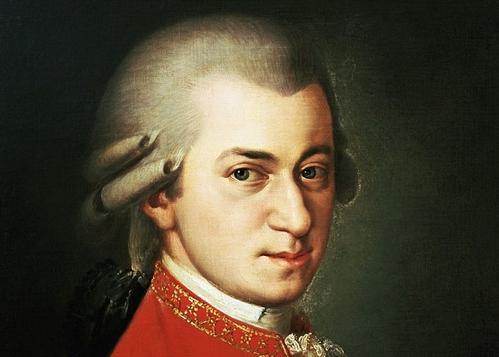
The idea that listening to Mozart may have beneficial effects on mental health arose from early findings in the 1990s. There have been several studies since, but many involved small numbers of people, or have been of variable quality, leading to mixed evidence overall. This has meant that the 'Mozart Effect' has been treated with some skepticism by many clinicians.
Now two Italian Researchers, Dr. Gianluca Sesso and Dr. Federico Sicca from the University of Pisa have conducted a systematic review of works related to the effect of Mozart's music on epilepsy.
Working according to accepted standard methods for analyzing clinical treatment, they looked at 147 published research articles, which they then evaluated according to such things are relevance and quality of the research. This allowed them to select 12 pieces of research which they gathered into 9 separate groups, representing the best available science on the effect of Mozart's music on epilepsy.
They found that listening to Mozart, especially on a daily basis, led to a significant reduction in epileptic seizures, and also to a reduced frequency of abnormal brain activities in epileptic patients (called interictal epileptiform discharges). These effects occurred after a single listening session and were maintained after a prolonged period of treatment.
Epilepsy is surprisingly common, affecting just under 1 person in a hundred worldwide. This means that it has significant social and personal costs. Mostly it's treated by drugs, but these drugs don't work in around 30% of patients, so we need to be open to other therapies: the important thing is that these therapies can be tested and shown to work.
The meta-analysis indicates that a period of listening to Mozart can give an average reduction in epileptic seizures ranging from between 31% to 66%, but this varies from person to person and according to the music stimulus used. The original studies on the Mozart Effect used the sonata for 2 pianos, K448, and this has remained the music most used in studies. The K545 piano sonata has also been shown to have an effect.
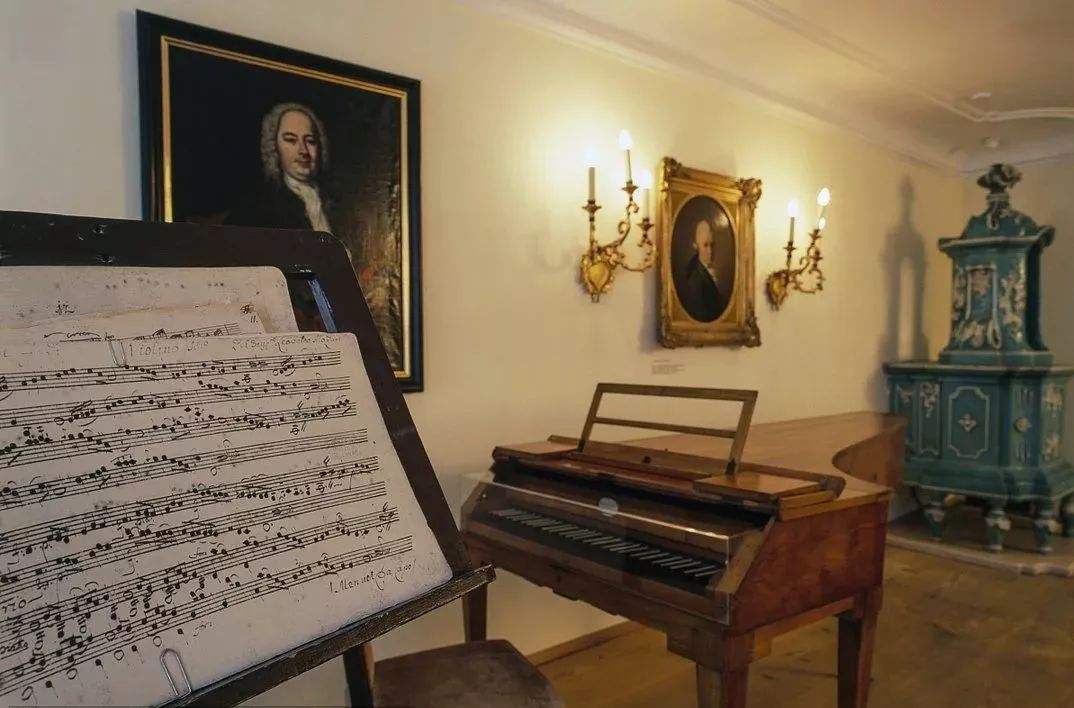
Dr. Sesso said, "All cultures have music, so it obviously fulfills some psychological need. The mechanisms of the Mozart Effect are poorly understood. Obviously other music may have similar effects, but it may be that Mozart's sonatas have distinctive rhythmic structures which are particularly suited to working on epilepsy. This may involve several brain systems, but this would need to be proven. This is a review of research, and not original research. One thing it shows is that we need more consistent studies into the effect of music on the mind"
Dr. Vesta Steibliene, Lithuanian University of Health Sciences, and member of the ECNP Abstract and Poster Committee commented, "There is growing interest in non-invasive brain stimulation techniques in the treatment of neuropsychiatric disorders. This review revealed that Mozart music could be an effective non-invasive method of neurostimulation, reducing the frequency of epileptic seizures, even in hard to treat patients. However, in order to use this method in clinical settings, the exact mechanism of the Mozart music effect on the brain regions should be better understood".
OTHER NEWS
-
- The more generous the society is, the longer its members live
- By Michelle 24 Apr,2023

-
- Can you get night vision by eating carrots?
- By Jessica 24 Apr,2023

-
- How to Download and Install Wyze App for Free?
- By Gray 24 Apr,2023
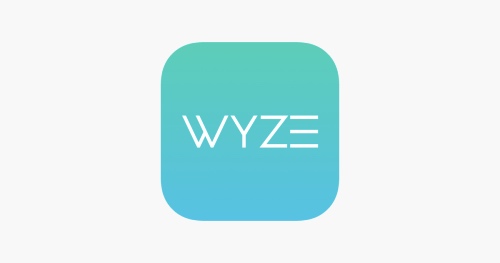
-
- Ten Trends of Social Media
- By Clarence 24 Apr,2023

-
- Fitness Video Apps: The New Trend
- By Mary 24 Apr,2023

-
- Alan Turing: Stolen Relics to be Returned After 36 Years
- By Jose 24 Apr,2023
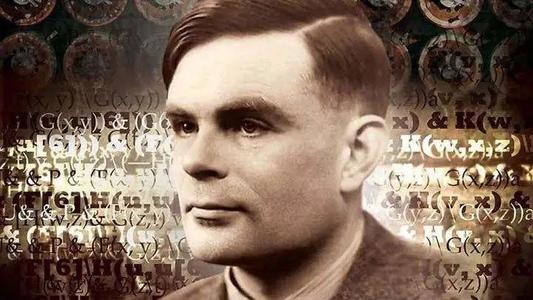
-
- Why is space vacuumed?
- By Christina 24 Apr,2023

-
- Argentina Mourned Over Maradona’s Death for Three Days, Why a Football Player Could Own Such an Honor? (II)
- By Moore 24 Apr,2023

-
- Abandoned orange cat waving to passersby
- By Maria 24 Apr,2023

-
- The upcoming asteroid is closer than the moon
- By Wanda 24 Apr,2023

-
- How can we set and remember easy-to-remember but hard-to-guess passwords?
- By Katherine 24 Apr,2023

-
- The Weakening Earth‘s Magnetic Field
- By Rose 24 Apr,2023
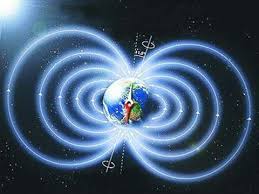
 1
1 1
1